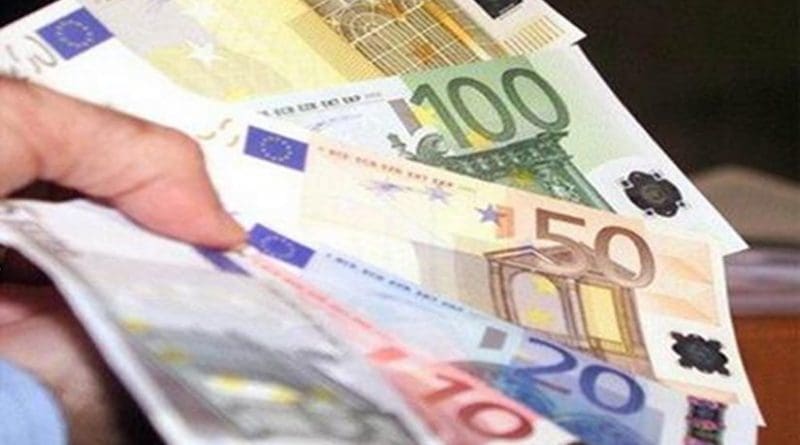Spain Overtakes France As Eurozone’s Problem Child
By EurActiv
By Cécile Barbière*
(EurActiv) — France’s budget deficit is unlikely to fall below 3% of GDP by 2017. But the deterioration of Spain’s public finances may save Paris the worst criticisms.
Brussels will deliver its assessment of the EU members states’ budgets for 2016 on 17 November. France, which has been seen as the eurozone’s number one problem since 2014, now appears to have dropped off the Commission’s radar.
But there is no great mystery to this success story. The fact is that Brussels now has to deal with an even more hopeless case: Spain.
Under the Stability and Growth Pact, EU countries all have to respect certain budgetary rules, including keeping their budget deficits below 3% of GDP.
This is a challenge for France, which got into difficulty at the beginning of the economic crisis and has been trying to balance its books ever since.
In the Fall of 2014, the French government obtained another two-years’ grace period in which to bring its deficit back under the 3% limit. The original objective fixed for 2015 was pushed to 2017.
More budgetary slippage?
But these additional two years may not be enough. According to the European Commission’s latest economic forecast, published on 5 November, the French deficit will fall to 3.8% in 2015 and 3.4% in 2016. Progress will slow in 2017.
Although Paris predicts it will cut its deficit to 2.7% of GDP in 2017, honouring its 3% commitment, the European Commission believes the French deficit will remain relatively stable at 3.3%.
Disagreement over potential growth
These differences are partly down to the different prediction methods used by Paris and the European executive, as well as a more optimistic atmosphere in Paris. “The discussion we are having with France is that the nominal deficit objective is good, but that it will only be achieved if everything goes well,” a European source said.
The question of potential economic growth, calculated differently in Brussels and Paris, is one point of contention. Clearly France’s deficit reduction policy is based on an economic scenario that the Commission judges too high risk.
But with Paris already embroiled in an excessive deficit procedure, taking the French predictions at face value is one risk too many for the European executive.
While the French have so far been treated with a relatively light hand, any further delay in the reduction of the deficit would come with sanctions; a first for the Commission.
Along with Greece, Spain and Croatia, France is among the last countries in the eurozone to cut its budget deficit to under 3% of GDP.
Calming Spanish nerves
At the presentation of the 2016 French budget on 30 September, the French Minister of Finance, Michel Sapin was careful to stress how different this exercise was to the melodrama of the 2014 budget.
“The 2016 budget is the budget of achieved objectives and kept promises,” Sapin said.
In Spain, the situation is different. The Commission judged Madrid’s economic growth predictions of 3.3% for 2015 and 2016 to be too optimitstic.
Both Brussels and the IMF have predicted lower growth of 3.1% for 2015 and 2.7% for 2016. In this scenario, the Spanish deficit would still be at 3.6% by the end of 2016.
Whatever government emerges after the Spanish elections on 20 December will have to implement this budget.
By Cécile Barbière translated by Samuel White

